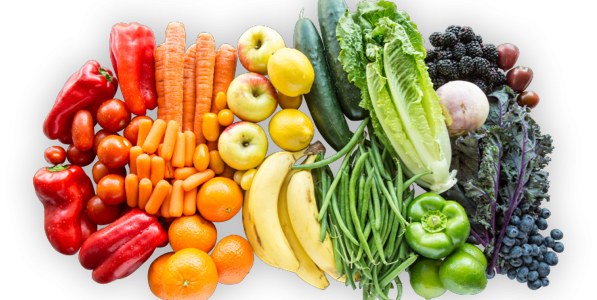FOOD GROWN supplements

Food-grown supplements, how are they different? They invariably cost more than their synthetic alternatives, but do they represent value for money and are they superior in their ability to deliver more of the nutrients?
I should state first, as a Nutritional Therapist I would always rather work with actual foods, the reason being that I fundamentally believe in the power of nature’s whole foods to deliver the nutrients that our bodies have evolved to recognise and use. Whole foods are edible plant foods, fruit/vegetables and animal products in their natural unadulterated form, that we as a species have eaten for millennia. So by definition, the refined, processed packaged foods (with long ingredient lists), common in the modern diet – while certainly edible and arguably delicious and irresistible – do not qualify as ‘whole foods’, as the processing invariably removes some of their nutrient value.
However, supplementing certain nutrients can be useful occasionally. Nutritional Therapists have to work within the constraints posed by real people with busy lives, and this has seen a decline in cooking from scratch with ready meals being a reality for many. Clients presenting with chronic symptoms of ill-health that has its origins in nutrient insufficiencies represent another case and can warrant the use of a well targeted supplemented nutrient. Not least to prove the effectiveness of a dietary protocol to a busy or sceptical client, who will then go on to make the recommended dietary changes, once the health benefit has been experienced.
So why do I prefer to use WHOLE FOOD nutrients over the more familiar and cheaper synthetic ones? I have no professional affiliation with food grown brands but I believe strongly in their premise that our metabolism can tell the difference between synthetic nutrients – and those that occur naturally in the whole food matrix.
Nature is clever, it delivers nutrients via protein carriers, and these chaperones have within their structures the exact information needed to ensure the nutrient gets to where it is needed. These chaperones are called ‘Carrier food factors’ and are found in all living plant cells and once we eat the vegetable or fruit, it is their job to communicate with us the host – on a cellular level – and discover how the nutrient is needed and then direct it on its journey through our bodies to its final destination. Most minerals are only admitted into the cell in these specific protein-bound forms, making a big difference to the nutrients’ bio-availability. Single, isolated, synthetic nutrients are not bound in such a matrix and as such are needed in comparatively large quantities to compensate for this. They can also remain poorly absorbed as a result.
Absorption effectively occurs twice, firstly across the intestinal tissue into the blood stream, then secondly having arrived at the correct site in the body, the nutrient needs to physically cross the cell membrane. Again, food derived nutrients, complexed with the necessary molecules ensures better assimilation into the cells themselves.
Many studies are now showing improved response and tolerance rates of WHOLE FOOD nutrients, often using lower doses of the key nutrient. For me, it seems common sense that our physiology and metabolism would find this mode of delivery easier to handle and utilise and therefore if a supplement is warranted or preferred, they are my first choice. The manufacturing process is more expensive, so the product will be pricier than the synthetic alternative, but the proof is in the (no not the pudding!), in the clinical results I see and now increasingly, the growing evidence base.
References
Thief RJ (2000) Natural Vitamins may be superior to synthetic ones. Medical Hypotheses 55(6)461-9
Throning TK (2017) Whole dairy matrix or single nutrients in assessment of health effects: current evidence and knowledge gaps. American Journal of Clinical Nutrition 105(5)1033-1045
Wild Nutrition The Science of Food Grown Supplements. online: www.wildnutrition.com/assistant/whats-different-about-food-grown-supplements
